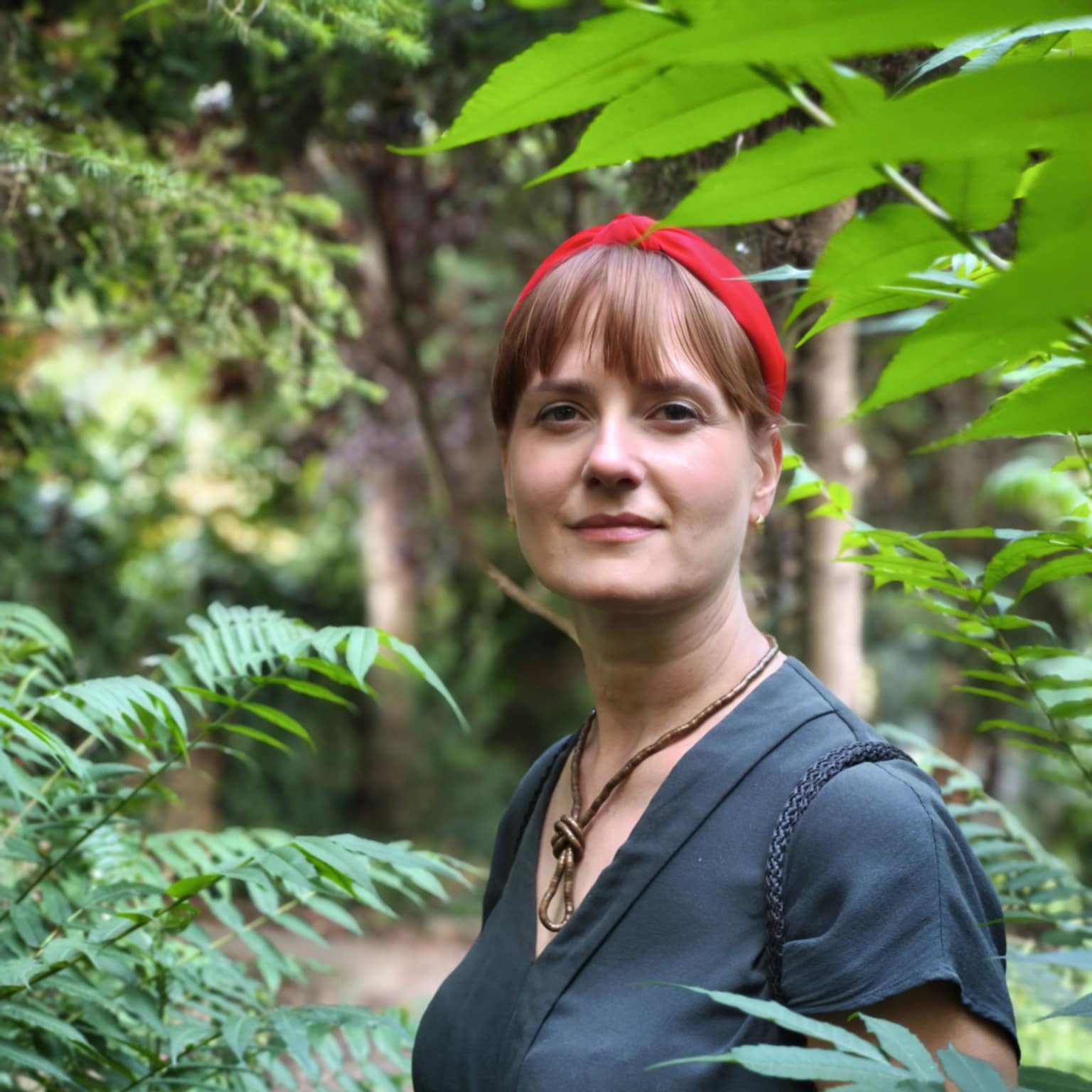
About the need to preserve meaning in the times of decadence
This year’s Nobel Prize in Literature laureate, László Krasznahorkai, represents the type of writing that does not seek consolation in the act of creating, but looks for truth – says dr Kamila Woźniak from the Faculty of Languages, Literatures and Cultures at the University of Wrocław. We invite you to read the comment of our literary scholar.
Dr Kamila Woźniak:
We live in an era where words lose their importance faster than they gain it. The overload of information stopped acting as a source of knowledge and has become a cacophony of voices that dulls the meaning. Language, once a space for thoughts and agreements, in this day and age finds more common use as a tool of haste, simplification, propaganda, and political battles. In a world which seems to be within a hand’s reach, yet remains inconceivable, literature serves as the last line of defence for truth and core values. In this exact moment, the Swedish Academy turns to a writer who rejects the superficial substitute of reality and its Instagram-like shallowness, for whom writing is a way of saving a person in a time of political, social, and spiritual decadence.
This year’s Nobel Prize in Literature laureate, László Krasznahorkai, represents the type of writing that does not seek consolation in the act of creating, but looks for truth. His prose is deep, abstruse, and oftentimes difficult, requiring a great focus from the reader. In his words, at times stretched to their limits, haste ought to give way to the slow chiselling of the world, which asks the reader to remain tranquil and humble when confronted with writing. It is a literature that serves as an act of resistance towards the rapid pace of civilisation. In that sense, Krasznahorkai does not simply create stories; he resists the downfall of language, regaining its rank as a tool of thinking and spiritual experience.
At the centre of his world stands a man in a state of anticipation – alone, confused, isolated in provincial scenery, in which time stopped a long time ago, and distant history is palpable. It is not just the images of Hungarian scenery and Hungarian issues, but also the topography of the universal crisis that affects everyone today. Small towns from his novels become a metaphor for the modern world, which has lost its meaning, but still searches for the remains of it in everyday life, in small acts, and in bringing back the memory.
The universal aspect of his writing does not come from the rejection of the indigenousness, but from its continuous changes; from the fact that it enables his growth and spiritual nourishment. Krasznahorkai speaks in the language of Central Europe – a place, the history of which contains wars, ideologies, and totalitarianism, but also a deep, spiritual self-insight. From here, from someplace between ruin and hope, emerges literature capable of asking the most important questions: about the meaning, the accountability, the continuance. His works are like an echo of Kafka and Bernhard, but most importantly, they speak in their own voice: slow, hypnotic, with a hidden touch of melancholy.
Central Europe, with its experience of uncertainty, transiency, and the fragility of existence, gives the world something missing from the culture of success: a consciousness of the end. Krasznaharkoi chisels this consciousness into a form that leads to reflection, not despair. Disaster in his writing is not just a topic; it also becomes a description of the state of the world and an impulse to create. In his hands, literature is not an escapism, but a way to preserve meaning when facing chaos.
In an era of dominance of pictures and announcements that are shortened as much as possible, Krasznahorkai suggests something in the shape of a spiritual counterculture. In his words lingers something that goes beyond a short-term solution: a belief that words are still capable of saving a person, even in the face of decadence.
There is a reason for this voice coming from Hungary: the heart of Central Europe. This area, in the past viewed as the periphery country of the West, has become a space where literature is regaining its original meaning: it is a cultural testimony, not a product. A few years ago, Olga Tokarczuk spoke out about the need to see the world as a web of connections. Today, Krasznahorkai speaks about the need to preserve meaning in the times of decadence. Together, they create two sides of the same experience – spiritual work on humanity.
By awarding him, the Nobel Academy reminds us that real literature is not a luxury; it is a form of an ethical act. It does not change the world directly, but keeps something in it that allows survival: language, memory, and an ability to empathise. Krasznahorkai, writer of apocalypse and silence, shows us that one may find a voice even in ashes.
***
Dr Kamila Woźniak works as an assistant professor atthe Department of Bohemian Studies. Her research interests include Czech literature from the first half of the twentieth century, gnosticism, mysticism, theory of archetypes, somatopoetics and memory studies. She authored several scientific publications, including 2 literary monographs. She teaches students in literature studies workshops and workshops concerned with the practical learning of the Czech language.
Translated by Michał Zajączkowski (student of English Studies at the University of Wrocław) as part of the translation practice.
Read also:
On bridging the classical and quantum worlds: the Nobel Prize in Physics
Professor Wojciech Bury – insights about the Nobel Prize in Chemistry 2025
A UWr expert on this year’s Nobel Prize in Medicine
2022 NOBEL PEACE PRIZE – HUMAN RIGHTS SHADOWED BY WAR
Added by: E.K.
Date of publication: 22.10.2025



